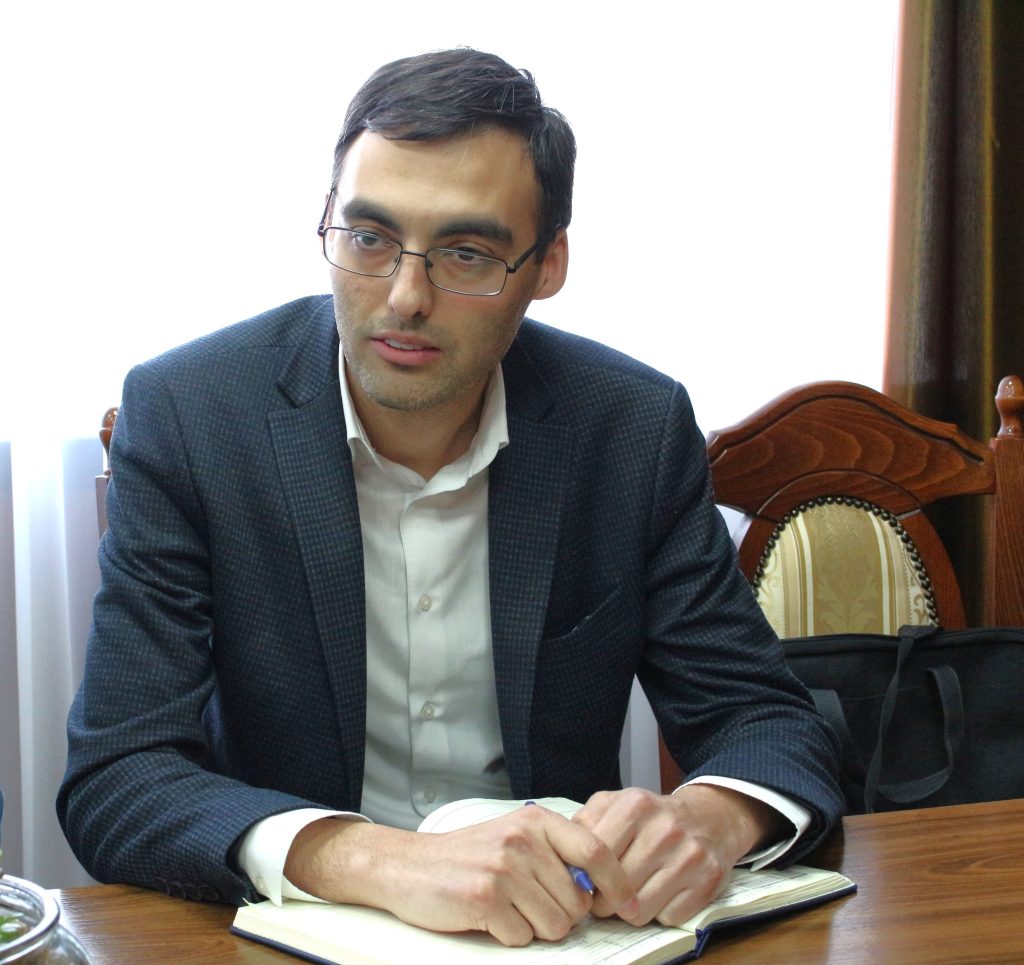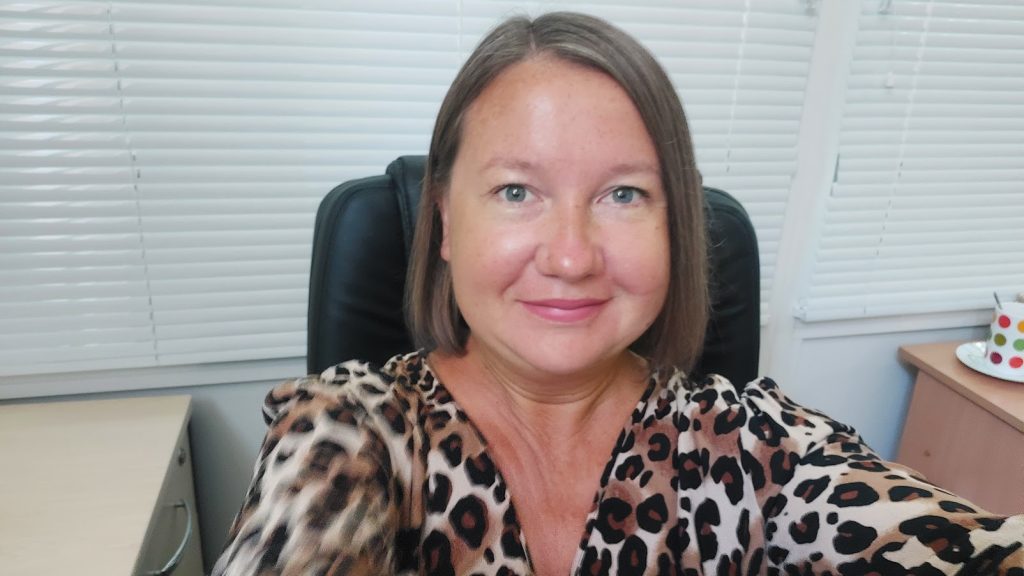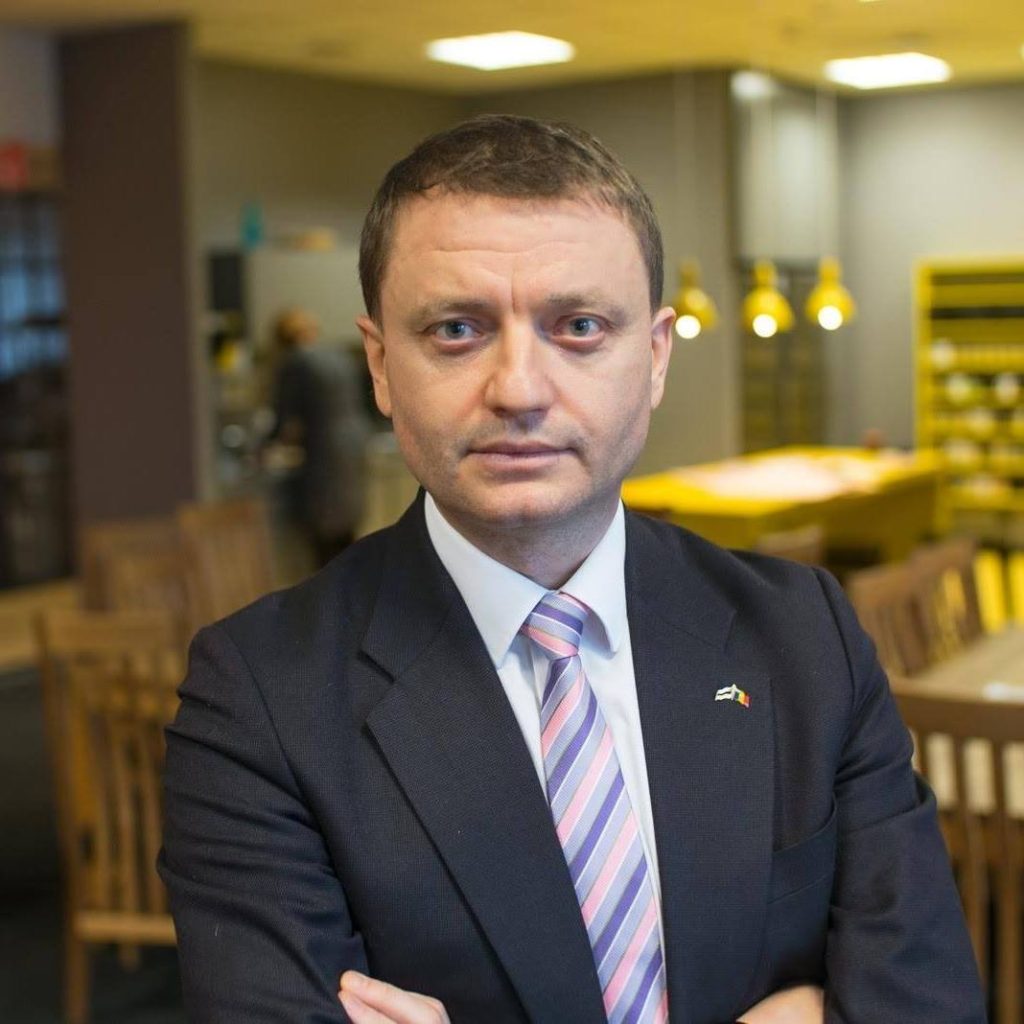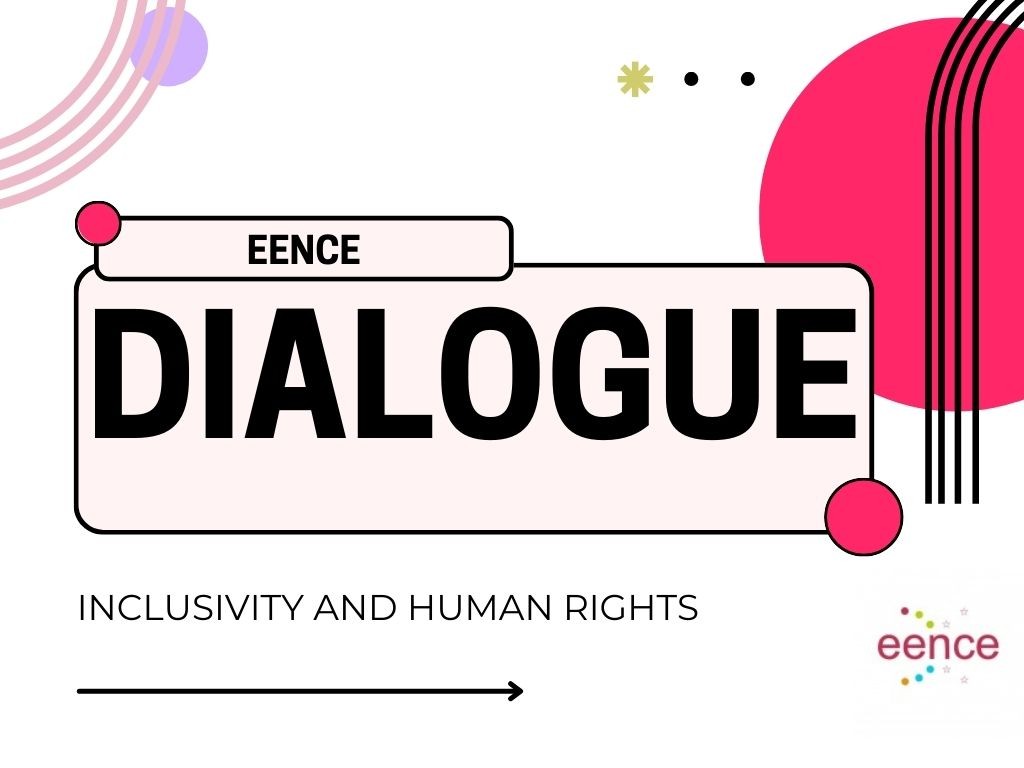Inclusivity and Human Rights
What is the place of inclusivity in European Union policy? What challenges do human rights defenders face today? We invite you to participate in the final webinar of the EENCE Dialogue programme.
Date: November, 6 (15:00-18:00 CET).
Program:
- Introduction (15 minutes)
- Keynote Speech (30 minutes): Nazarii Boiarskyi
- Panel Discussion (45 minutes: Ivan Duminica, Galyna Petrenko, Victor Guzun
- Q&A Session (30 minutes): Interactive session with attendees.
- Evaluation and Follow-up (15 minutes)
Working languages: English and Russian (simultaneous translation).
Moderator: Sergiu Musteata
ZOOM Registration:
https://us06web.zoom.us/meeting/register/tZUpdu-upz4iG92AS8ec4WzJwTDI40sGjzLZ
Once registered, you will receive a confirmation email with conference login information.
Information about speakers:
Nazarii Boiarskyi
Human rights expert and educator with extensive experience in civic education, human rights advocacy, and project management. He holds a Master’s degree in International and European Union Law from Vilnius University (Lithuania) and a second Master’s in Psychological Rehabilitation in Emergency Situations from Donetsk National University named after Vasyl Stus (Ukraine). Nazarii has worked with numerous NGOs across Europe, focusing on protecting vulnerable groups, promoting democracy, and fostering inclusion. Currently, he leads programs at the Ukrainian NGO ‘Democratic Initiatives Incubator’, which focuses on Ukraine, the Baltic States, and the Eastern Partnership countries. Nazarii is also a recognised trainer and speaker having facilitated many international human rights education events. His work continues to shape inclusive policies, develop the application of trauma-informed approaches, and engage young people in civic activism across Europe.


Ivan Duminica
Historian and scientific researcher from the Republic of Moldova. He studied at the Faculty of History and Philosophy of the State University of Moldova (2007-2010) and obtained his PhD in history at the “St. Cyril and Methodius” University in Veliko Tarnovo, Bulgaria (2010-2014). Between 2013 and 2023, he was a scientific researcher in the “Ethnology of Bulgarians” group at the Cultural Heritage Institute of the Academy of Sciences of Moldova. In February 2021, he was awarded the title of Doctor Habilitat in historical sciences. He is the president of the Scientific Society of Bulgarian Studies in the Republic of Moldova. In November 2023, he was appointed head of the “Policies in the Field of Interethnic Relations” Service at the Ministry of Education and Research of the Republic of Moldova. As head of this service, he coordinates and implements policies related to the integration of national minorities into the education system. He works on promoting inclusive education for Roma, Ukrainians, and other ethnic communities, as well as facilitating access to education for refugees from Ukraine. Duminica closely collaborates with international organizations such as UNICEF and UNHCR, developing programs and initiatives aimed at supporting the integration of children and young people from ethnic minority groups. Additionally, he monitors the implementation of international human rights treaties and coordinates activities related to combating racism, anti-Semitism, and other forms of intolerance.
Galyna Petrenko
Director at NGO Detector Media. A journalist and media expert with 20 years of experience.
A co-author of multiple researches on countering disinformation.
Ms. Petrenko also serves as a Member of the Public Council at the Committee of the Verkhovna Rada (Ukrainian parliament) on Freedom of Speech and the Independent Media Council.


Victor Guzun
Expert in digitization policies at the Institute for European Policies and Reforms in Moldova and runs an international consulting company in Estonia. He is passionate on digital transformation and participates as an expert in several specialized projects aimed at the governments of various countries, the business sector, and communities. Victor was a university professor and lecturer, civil servant in the field of international relations and Ambassador of the Republic of Moldova in Estonia.
Abstracts
Nazarii Boiarskyi, Civic education as a key factor in protecting human rights
The presentation will focus on the importance of inclusion in civic education as a key factor in protecting human rights and creating equal opportunities. The speaker will talk about the importance of adapting educational programs to the needs of different participants.
Listeners will learn about real approaches and strategies that help create an inclusive learning environment in which everyone feels valued and supported. Special attention will be paid to successful examples from Nazaria’s experience, demonstrating how the integration of inclusive principles contributes to the creation of a more cohesive and just society.
Ivan Duminica, Involvement of ethnic minorities in various public processes in the Republic of Moldova
The Republic of Moldova is a multi-ethnic country with diverse communities, including Roma, Gagauz, Ukrainians, Russians, and Bulgarians. Their participation in public life indicates their integration into the social, economic, and political structures.
The Moldovan state has developed policies and mechanisms to support the active participation of national minorities in various fields such as education, public administration, and political life. In this regard, special inclusive education programs have been implemented, providing access to education in their mother tongue and promoting respect for the cultural identity of minorities.
Additionally, some mechanisms enable minority representatives to participate in decision-making processes at both local and national levels. Besides political and administrative participation, minorities in the Republic of Moldova are also involved in social and cultural projects aimed at integrating into society and combating discrimination. Collaboration with international organisations such as UNHCR and UNICEF facilitates access to resources and support for vulnerable communities, including Roma and refugees.
Galyna Petrenko, Building Societal Resilience
Kremlin efforts to manipulate and interfere with information are an ongoing challenge in the countries of the Lublin Triangle, or L3, a regional alliance composed of Lithuania, Ukraine, and Poland that was established in July 2020 to facilitate coordination between the three states.
Upon its foundation, a key priority for the L3 was developing mutually beneficial and strategically effective countermeasures to the common security challenges faced by all three states, such as foreign information manipulation and interference (FIMI) operations and other non-kinetic threats posed by the Kremlin and its allies, such as cyber-attacks, malign political influence, and economic corruption.
In 2023, this initiative extended outside the L3 to cover Moldova – which faces many of the same challenges (and many of the same FIMI operations) as the L3 countries. During the webinar, mapping and analysis of the narratives used in these influence operations will be presented, as well as mechanisms for building societal resilience to them, and several key recommendations for the governments.
Victor Guzun, Human rights and the inclusion of citizens in decision-making processes from a digital perspective
The expert will address current issues for European societies such as the digital transformation for every citizen, participation and digital citizenship, alternative ways of expressing the vote and ensuring access to electoral processes, including the use of digital tools.
EENCE Dialogue is organised by the Eastern European Association for Citizenship Education with the support of the Federal Agency for Civic Education (bpb) with funds from the German Ministry of Foreign Affairs.


